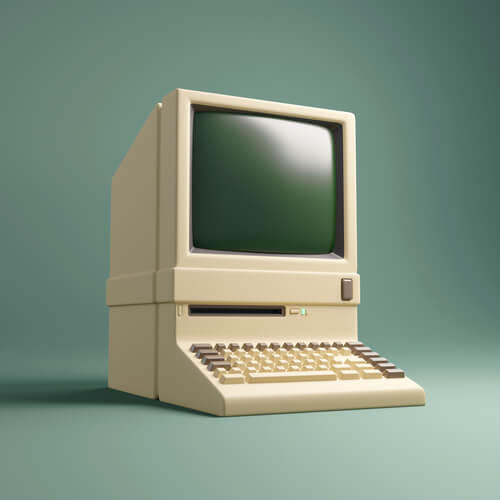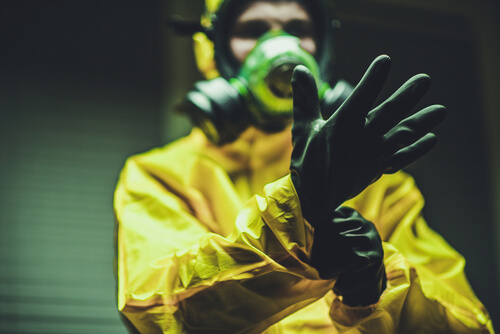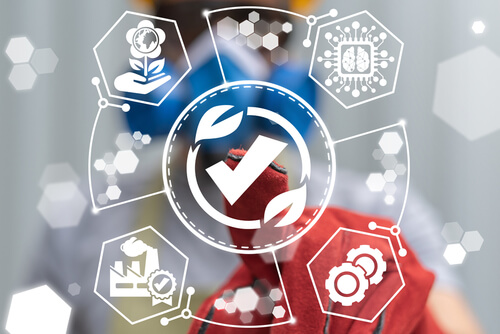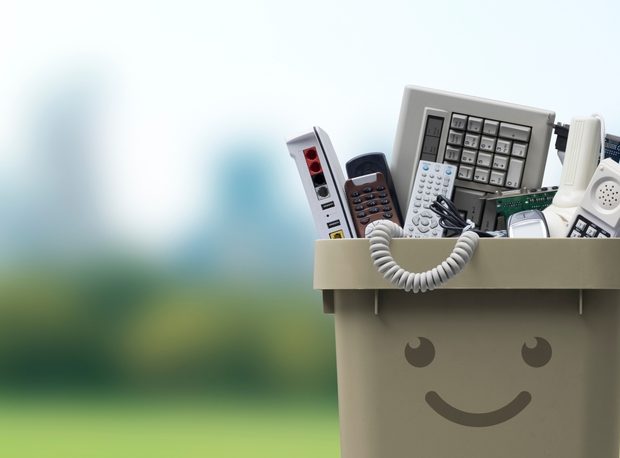When it's time to get rid of your old computer equipment, it's important to do it in a way that is both safe and secure. Electronics contain a variety of hazardous materials, like lead, mercury, and cadmium, which pose serious risks to human health and the environment if they aren’t disposed of pr...
What happens when our beloved devices reach the end of their life cycle? The answer lies in unlocking the treasure trove of precious metals and components hidden within electronic waste, or “e-waste.” Recycling e-waste isn’t just the responsible choice: it's a powerful way to save the plane...
In an age of rapid technological advancements, our lives have become entwined with electronics. From the smartphones that connect us to the world to the laptops that power our work, we want the best — and that means an assumption of obsolescence. Part of the nature of our electronic economy is the...
Your company invests lots of resources in protecting its data, and everyone says they can help when it’s time to retire your used equipment safely — but how can you feel totally secure? R2 Certification is how to know you can trust your provider. Choosing an uncertified facility for your el...
How to Maximize Your E-Waste Recycling Electronic waste, or e-waste, is a growing problem. In 2021, the world generated 54.6 million metric tons of e-waste, and that number is only expected to grow in the coming years. E-waste contains a variety of precious minerals that can be recovered in recy...






